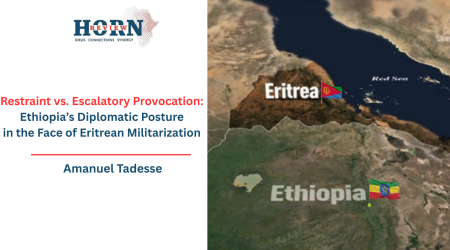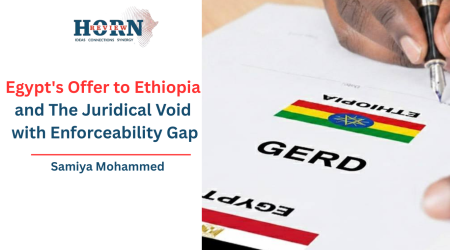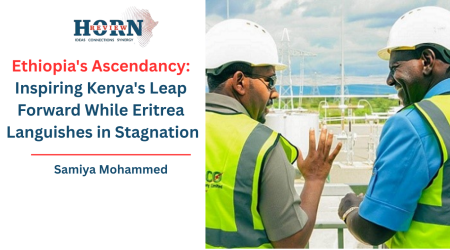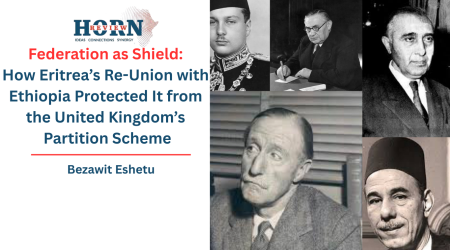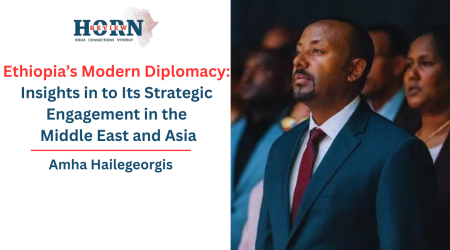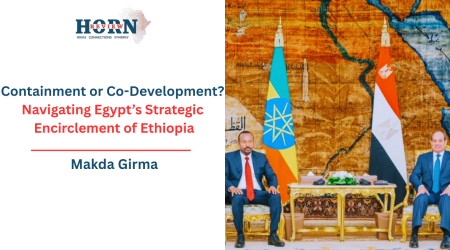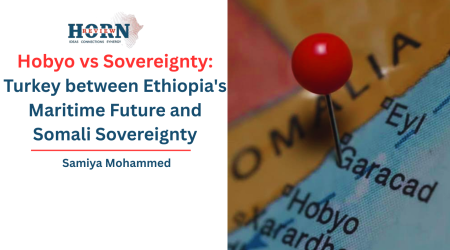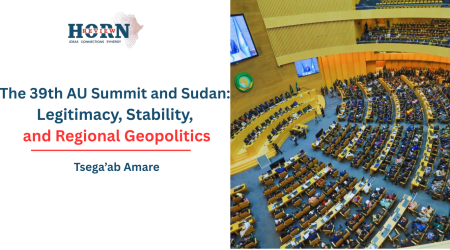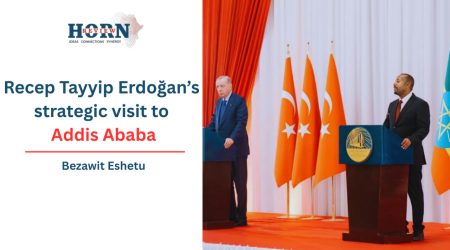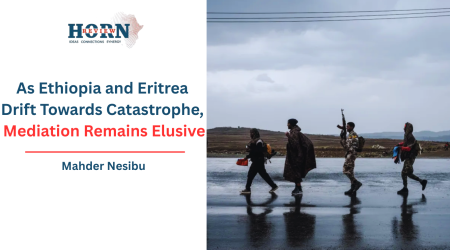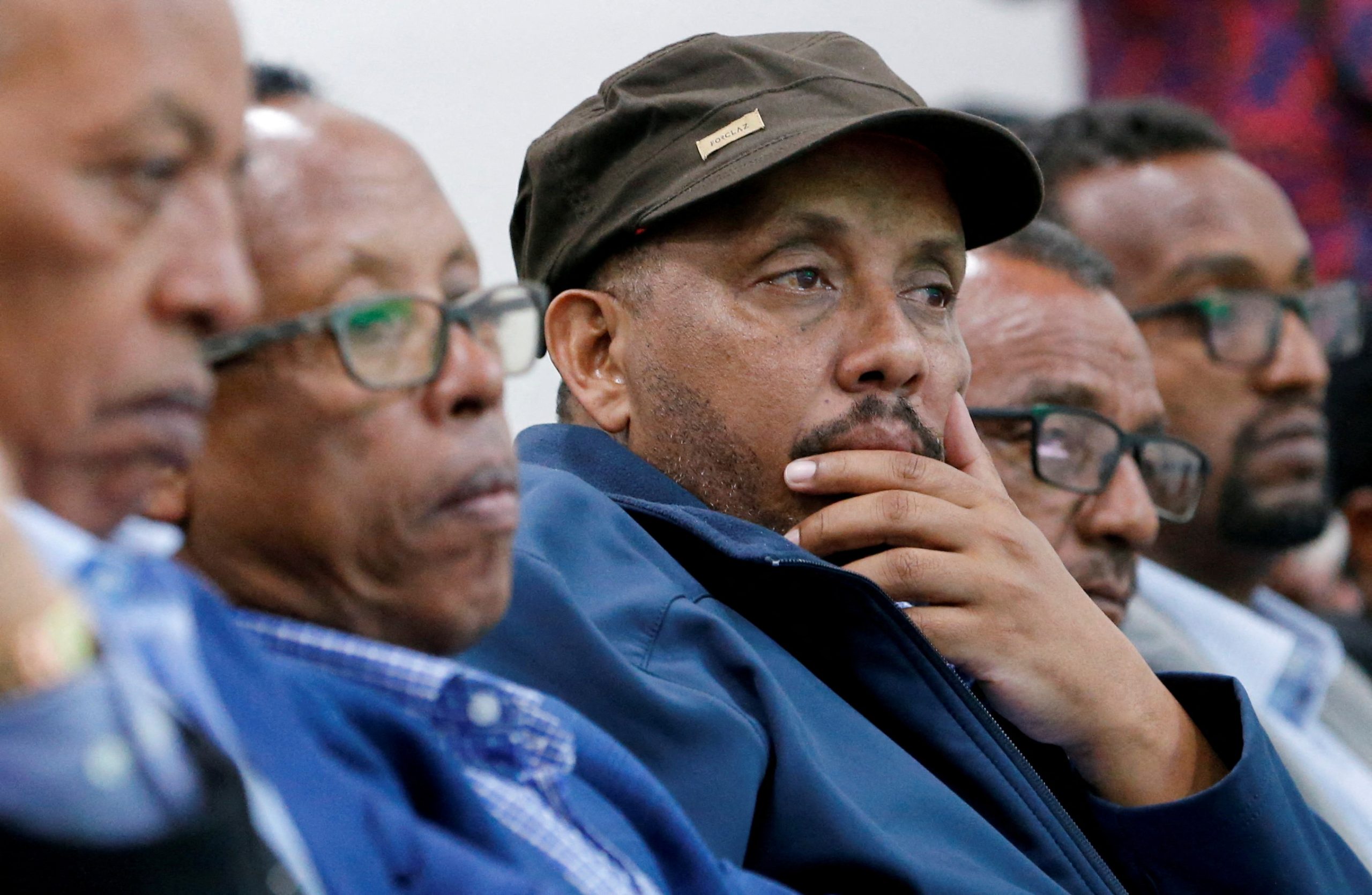
1
May
Getachew Reda Charts New Course with Formation of Tigray Liberal Democratic Party, Redefining Ethiopia’s Politics
In a development poised to recalibrate the political architecture of Ethiopia’s Tigray region, former Interim President Getachew Reda is spearheading the establishment of a new political entity, the Tigray Liberal Democratic Party (TLDP), a decisive departure from the long-dominant Tigray People’s Liberation Front (TPLF), signalling both ideological transformation and institutional realignment.
Sources close to the nascent party confirm that the TLDP is grounded in liberal democratic ideals and envisions a pluralistic political model as an alternative to the TPLF’s historical leftist orthodoxy. While still in the process of formal registration with the National Electoral Board of Ethiopia (NEBE), the party has reportedly finalized its bylaws and policy framework and is actively gathering the requisite support to secure preliminary legal recognition, anticipated as early as May.
A Fracture Years in the Making
The party’s emergence follows an intensifying internal rift that culminated in a public political rupture in August 2024, when Getachew, then vice chairman of the TPLF and head of the federally mandated interim administration in Tigray, boycotted the party’s 14th Congress. In a sharply worded communiqué addressed to TPLF Chairman Dr. Debretsion Gebremichael, he decried the congress as procedurally illegitimate and warned that its conduct endangered “the party and the people of Tigray alike.”
Shortly thereafter, Getachew convened a parallel conference, provocatively titled “Salvation of the People and the Party”, which unilaterally nullified the TPLF Congress. The move precipitated swift retaliation from the TPLF’s executive committee, which expelled Getachew and several key allies, including Beyene Mekru and Professor Kindeya Gebrehiwot, from both party and interim administrative structures, citing charges ranging from insubordination to financial impropriety.
In turn, Getachew’s faction denounced the purges as a “civilian coup” orchestrated by a regressive elite determined to subvert the region’s transitional institutions. The statement accused the Debretsion-led wing of entering covert alliances with elements of the regional security apparatus to consolidate power extra-legally.
Beyond Legacy: A New Political Grammar
The political odyssey that has brought Getachew from the apex of TPLF leadership to the helm of a liberal breakaway formation reflects more than personal estrangement, it signifies a profound philosophical divergence. Whereas the TPLF has historically operated through a vanguardist and centralized framework grounded in Marxist-Leninist tradition, the TLDP is poised to present a platform predicated on institutional transparency, electoral competitiveness, and civil liberties.
Though Getachew has since been appointed as Prime Minister Abiy Ahmed’s Special Advisor for East Africa, a gesture seen by some as part of a broader federal calculus, the formation of the TLDP underscores his intent to retain political agency in Tigray’s future governance.
Should the TLDP secure recognition and convene its founding congress, it could represent the first organized ideological opposition to the TPLF in decades. Political analysts warn, however, that the party’s trajectory remains uncertain.
Meanwhile, the TPLF’s legal standing hangs in the balance. The NEBE is reportedly weighing the revocation of its registration, prompting a stark warning from party leadership that such action could imperil the fragile Pretoria peace accord.
In this volatile context, the TLDP’s emergence is not merely the birth of a new party, it is a challenge to a political legacy that has dominated Tigray for nearly half a century. Whether it becomes a durable institutional force or a momentary rupture remains to be seen. But one thing is clear: the political map of Tigray is undergoing a fundamental redraw.

